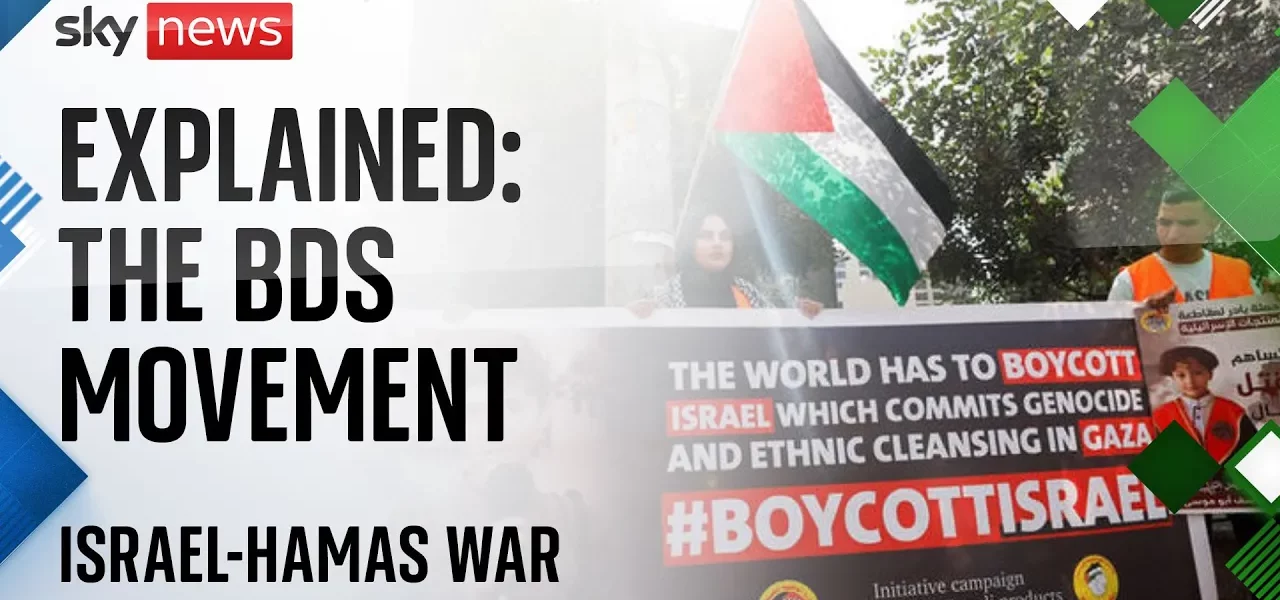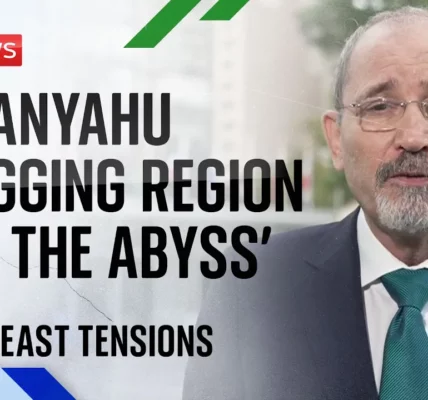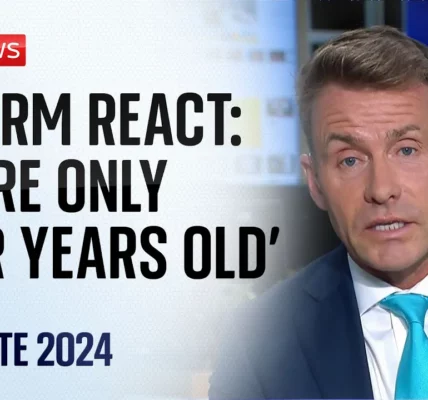Social Media Boycotts: Celebrities and the Gaza Conflict

The ongoing crisis in Gaza has sparked a new wave of social media boycotts targeting celebrities and public figures who remain silent on the issue. This article delves into the motivations behind these boycotts, the historical context of the BDS movement, and the implications of these actions on both social media platforms and the broader discourse surrounding the conflict.
Introduction
Since the escalation of conflict in Gaza following the October 7th attacks, activists have intensified their calls for boycotts, divestment, and sanctions against Israel. This movement has transcended mere economic measures, becoming a focal point of social discourse, particularly on social media. The BDS (Boycott, Divestment, Sanctions) movement, which emerged in 2005, has drawn inspiration from the anti-apartheid struggle in South Africa. While supporters argue it is a nonviolent strategy for Palestinian rights, critics claim it perpetuates anti-Semitism and unfairly targets Israel.
The Rise of Social Media Boycotts
In the wake of the Gaza conflict, social media platforms have become battlegrounds for public opinion. Celebrities and influencers are being called out for their silence or perceived indifference to the situation, leading to widespread calls for boycotts.
Understanding the Boycott Movement
- Historical Context: The BDS movement was inspired by the global effort to end apartheid in South Africa, aiming to apply similar pressure on Israel.
- Methods of Boycott: Activists advocate for economic sanctions, divestment from companies supporting Israel, and public campaigns to raise awareness.
- Current Social Media Dynamics: Platforms like Twitter and Instagram serve as arenas for activism, with hashtags and campaigns gaining traction.
The BDS Movement: A Closer Look
The BDS movement has been a focal point of debate, with proponents arguing for its effectiveness and opponents labeling it as a form of economic warfare against Israel.
Arguments For the BDS Movement
- Nonviolent Protest: Advocates emphasize that BDS represents a peaceful form of resistance.
- International Solidarity: The movement seeks to garner global support for Palestinian rights.
- Historical Precedent: Supporters reference the success of past boycotts, such as those against apartheid South Africa.
Criticism of the BDS Movement
Critics argue that the BDS movement unfairly targets Israel and can lead to increased anti-Semitism.
- Claims of Anti-Semitism: Some argue that the movement reduces all Jews to a single narrative, which can be damaging.
- Impact on Dialogue: Opponents believe BDS hampers constructive conversations about peace and coexistence.
Impact on Universities and Student Activism
The BDS movement has gained significant traction on university campuses, particularly in the United States and the UK. Students have been at the forefront of demanding divestment from companies linked to Israel.
Recent Developments in Student Activism
- Campus Movements: The movement began at Columbia University and has spread to numerous institutions, leading to arrests and heightened tensions during protests.
- Responses from Universities: Schools are under pressure to respond to calls for divestment, with varying degrees of compliance.
Concerns Among Jewish Students
Many Jewish students have reported feeling unsafe on campuses, with increased incidents of anti-Semitism being documented since the onset of the Gaza conflict.
The Role of Corporations and Economic Responses
Major corporations have found themselves in the crossfire of the boycott movement. Companies like McDonald’s and Starbucks have faced significant backlash due to their perceived support for Israel.
Examples of Corporate Backlash
- McDonald’s: The company faced criticism after announcing it provided free meals to the Israeli Defense Forces.
- Starbucks: A now-deleted post by its union in support of Palestine led to a lawsuit and public outcry.
Conclusion
The recent social media boycotts against celebrities for their silence on the Gaza conflict reflect a complex interplay of activism, identity, and geopolitics. The BDS movement has sparked significant debate about its implications for free speech and anti-Semitism. As the situation continues to evolve, it is crucial for individuals to engage in informed discussions and actions that promote peace and justice for all affected parties.
For more insights and updates on the BDS movement and its impact, explore our related articles on activism and social justice.
“`




